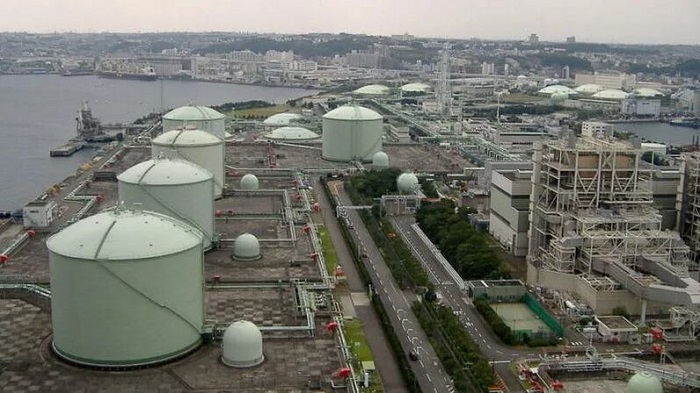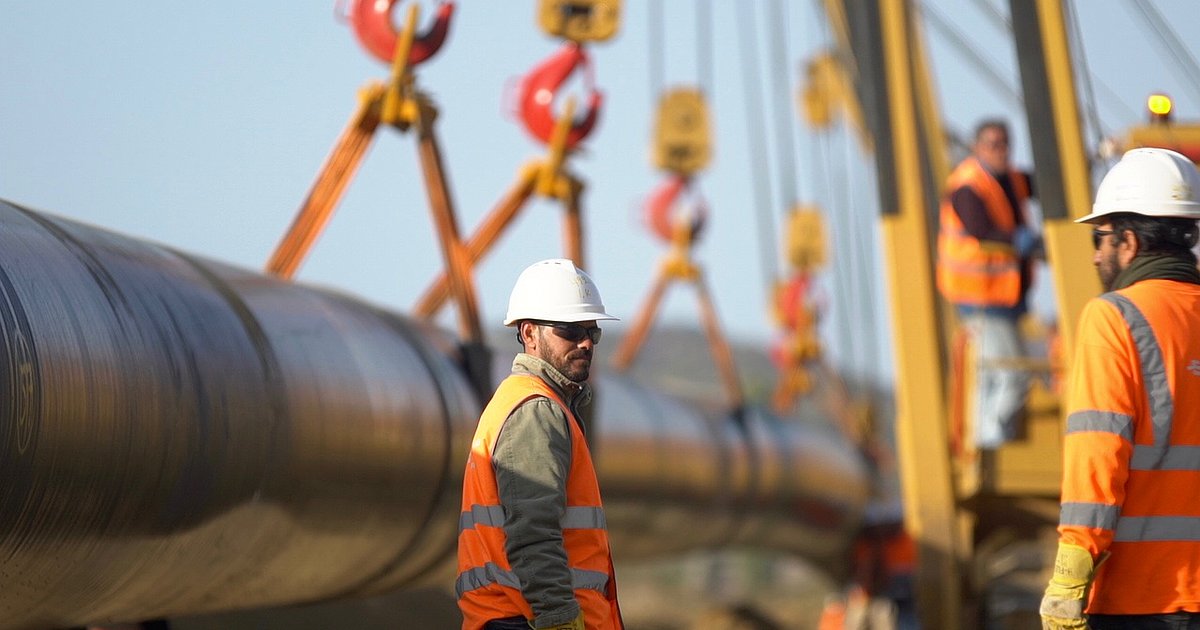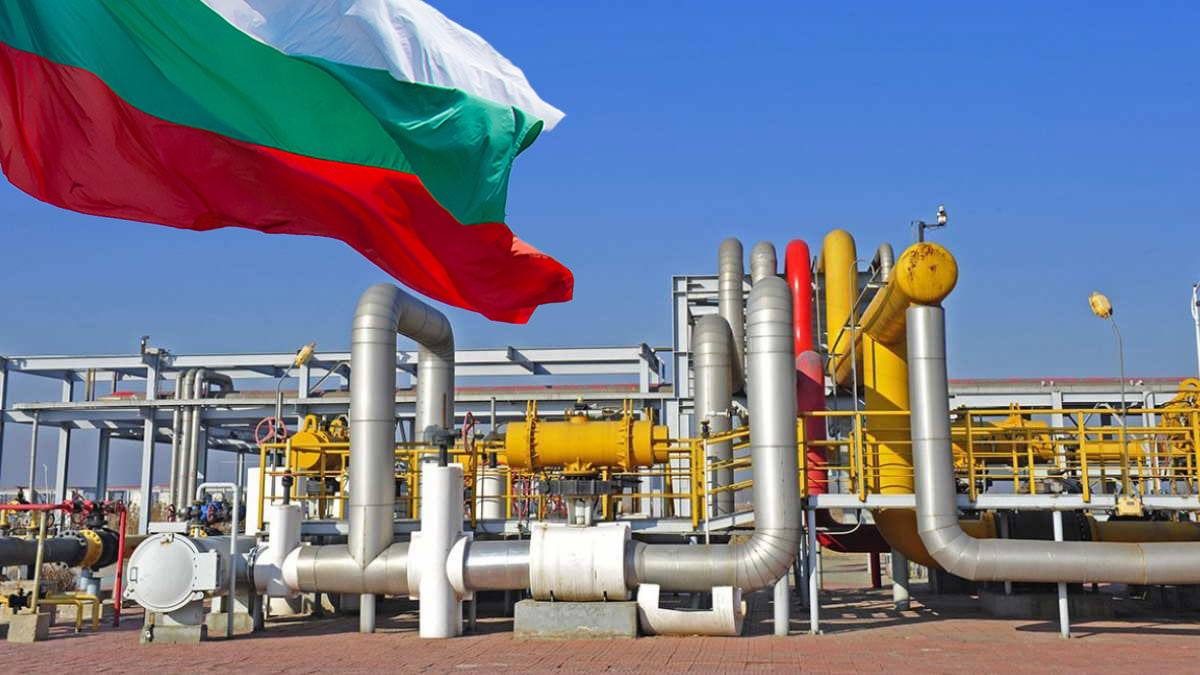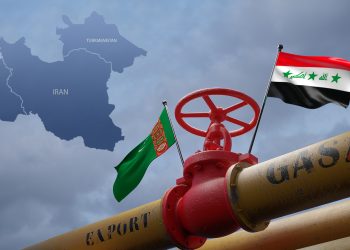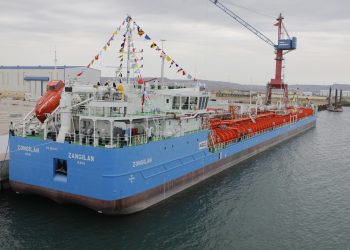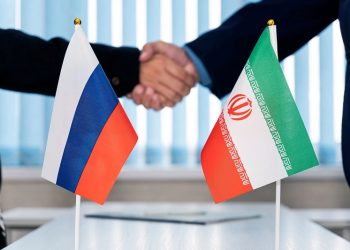The project for FSRU and a 28 km long pipeline in Greece has strategic synergy with the IGB pipeline and will help increase its capacity up to 5 bcm/y The LNG terminal near Alexandroupolis – a key project for regional natural gas security of supply and diversification – now has its final investment decision approved.
Due to the strategic synergy between tis project and the IGB pipeline, market interest in the Greek-Bulgaria interconnector will receive an additional boost, opening new opportunities for increased capacity of the pipeline and reverse flow.
The project that envisages floating storage and regasification unit (FSRU) near the Greek city of Alexandroupolis, connected to the Greek gas transmission system through a 28 km long pipeline, is developed by the project company Gastrade. Its shareholders include the Greek national gas transmission operator – DESFA, together with the Bulgarian operator
Bulgartransgaz, GasLog, the Kopelouzou family and one of ICGB’s shareholders – the Greek national company DEPA (part of IGI Poseidon with 50% shares in the project company).
The final investment decision is the last step before construction of the project begins. The LNG terminal is of great importance to the commercial activities of the IGB pipeline as it will create significantly more opportunities for gas transmission through the Greece-Bulgaria
interconnector.
Due to the strategic location of IGB and its proximity to the LNG terminal, this will provide technological advantages in transportation of natural gas to the consumers in Bulgaria, strengthening the country’s position on the energy map of the region. Moreover, finalizing the LNG terminal will boost IGB’s capacity utilization, allowing transportation of greater quantities of natural gas to the SEE region and opportunity for ICGB to increase its pipeline capacity to 5 bcm/y and provide reverse flow of natural gas along its route. This will allow gas deliveries at competitive prices from various new sources like USA, Qatar, Algeria to reach Bulgarian consumers.
Additionally, upon a decision of the Bulgarian Council of Ministers, the local operator Bulgargaz EAD participates in the binding phase of the market test procedure for reserving capacity from the liquefied natural gas terminal, reserving approximately 500 million cubic meters per year, but not less than 300 million cubic meters per year for a period of 3 to 5 years. The company has committed to contract the supply of LNG to consumers in Bulgaria at competitive price terms through the Greece-Bulgaria interconnector.
Market interest in increasing IGB’s current capacity of 3 bcm/y after start of commercial activities can also be expected if the Trans-Adriatic Pipeline (TAP) proceeds with expanding its capacity. Currently, high-level company representatives have indicated this can be done one year in advance if needed to meet growing market demand.
Both IGB and the LNG terminal in Alexandroupolis are crucial for achieving diversification for Bulgaria, Greece and the Balkans, boosting competition and enhancing the security of gas.
Caspian Barrel



